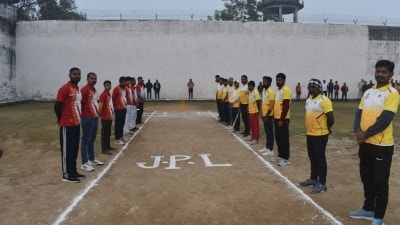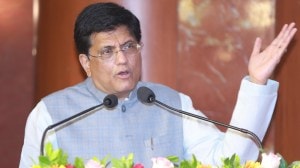When the Russians Left
An analysis of what shaped Pakistans power play in Afghanistan.
Riaz Mohammad Khan is among the very well regarded Pakistani diplomats in India and beyond. As foreign secretary during 2005-08,he was associated with one of the most productive periods in Pakistans engagement with India. Given his reputation as a thinking diplomat,it is with much anticipation that one reaches out to the volume.
The subtitle of the book,conflict,extremism and resistance to modernity offers the prospect of a deeper examination of the unfolding Af-Pak tragedy that is at the very centre of global politics today.
The author has had prolonged experience in dealing with Afghanistan,which has defined Pakistans geopolitical opportunities and deepened its internal crises since the late 1970s.
Khan had earlier published an acclaimed book,Untying the Afghan Knot: Negotiating Soviet Withdrawal,on the diplomacy surrounding the withdrawal of Soviet troops from Afghanistan at the end of the decade-long occupation. The author and the book then commend themselves.
Indian readers,however,will find it at once rewarding and disappointing. It is rewarding because Khans work is a solid account of Pakistans approach to Afghanistan since the withdrawal of Soviet troops from Afghanistan in the late 1980s.
The Indian elite has had much frustration in dealing with Rawalpindis sponsorship of terror and the reluctance of the international community to confront the Pakistan army,until very recently. But there is not enough awareness in India of the complex internal and external dynamics that shaped Pakistans power play in Afghanistan,its instrumentalisation of radical Islam,and the awful consequences on its domestic politics.
In the first part of the book,Khan provides a comprehensive account of the confusion that prevailed in Afghanistan after the Soviet withdrawal,the emergence of the Taliban,the impact of 9/11 attacks on New York and Washington,and the role of the US and the international community in Afghanistan since.
The second part of the book deals with two very important themes. One is about the rise of religious extremism and militancy that have eaten into the vitals of the Pakistani state and society. The other is about the intellectual crisis and weakening governance in Pakistan. While both these trends have been widely written about by observers of Pakistan,Khans first-hand account has insights not accessible to academic analysts.
In his reflections,Khan does not duck the questions about state support to extremism abroad and religious radicals at home initiated during the reign of General Zia-ul-Haq and sustained with much vigour since.
Khan writes with much concern about the growing resistance in Pakistan to Westernisation and modernisation,Pakistan civil societys meek ceding of ground to Islamists,and what he calls the decline of rationalism and institutional crisis in Pakistan.
In the end,though,Khan disappoints in the conclusions he draws from his important account of a consequential period in Pakistans history.
To be sure,Khan recognises the failure of Pakistans Afghan policy,urges Islamabad to avoid becoming a spokesman for the Taliban,calls for reconciliation with the Afghan state,points to the dangers of breaking up with the United States,suggests peaceful approaches to dealing with the Kashmir dispute,and urges Pakistan to focus on regional economic integration.
All these are sensible suggestions from a very professional diplomat. But Khan is reluctant to confront directly the real source of Pakistans current challenges alliance between the army and violent religious extremism. Khans rich analysis is willing to strike but afraid to wound.
In the end there is a big nit to pick on the production of the book. The printers devil casts a dark shadow across the nearly 400 pages of text,starting from the contents page. The letters fl and fi disappear consistently from words. Fix,for example,simply becomes x. First becomes rst. Conflict becomes two words,con and ict. The publishers will hopefully make the badly needed amends.
- 01
- 02
- 03
- 04
- 05































